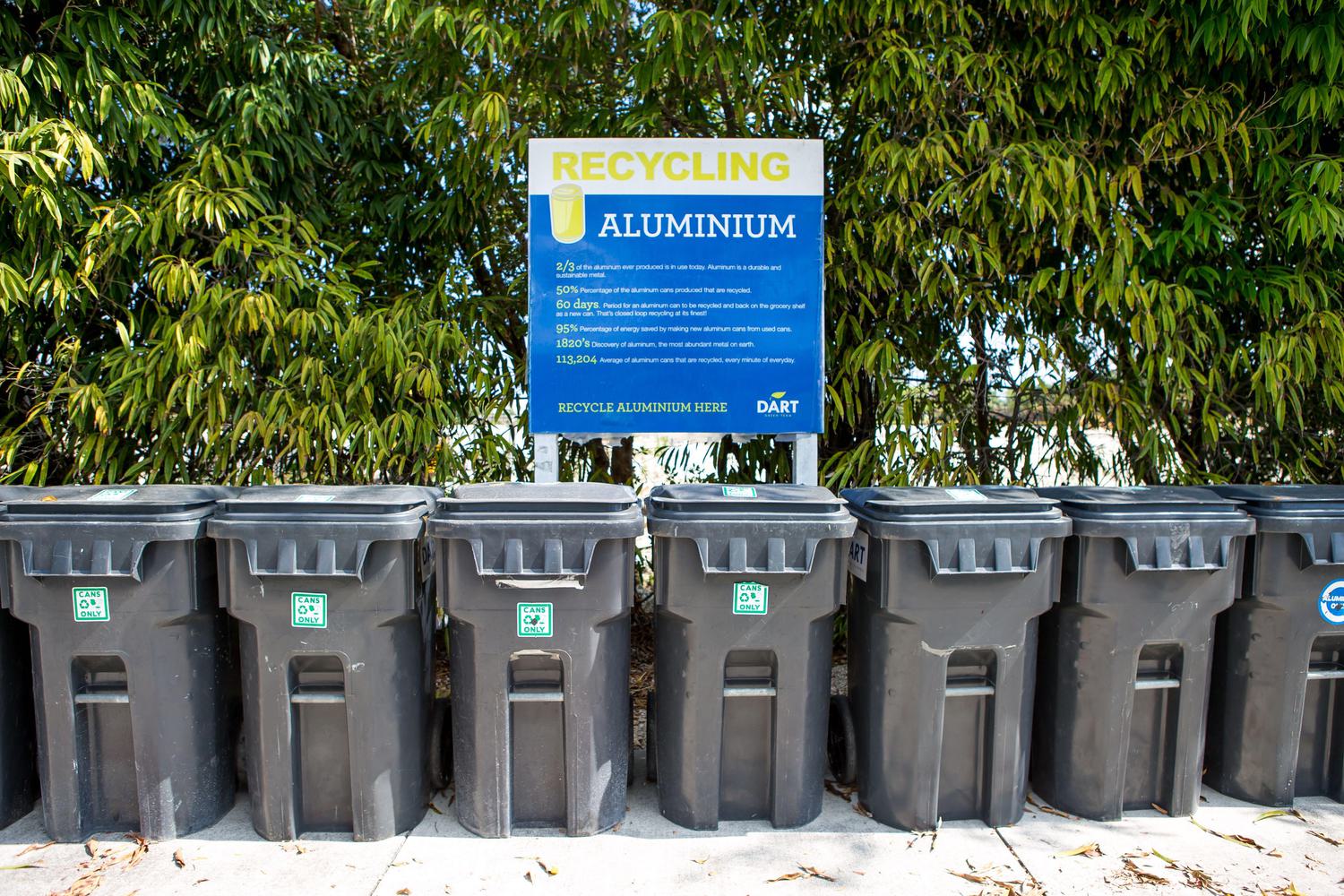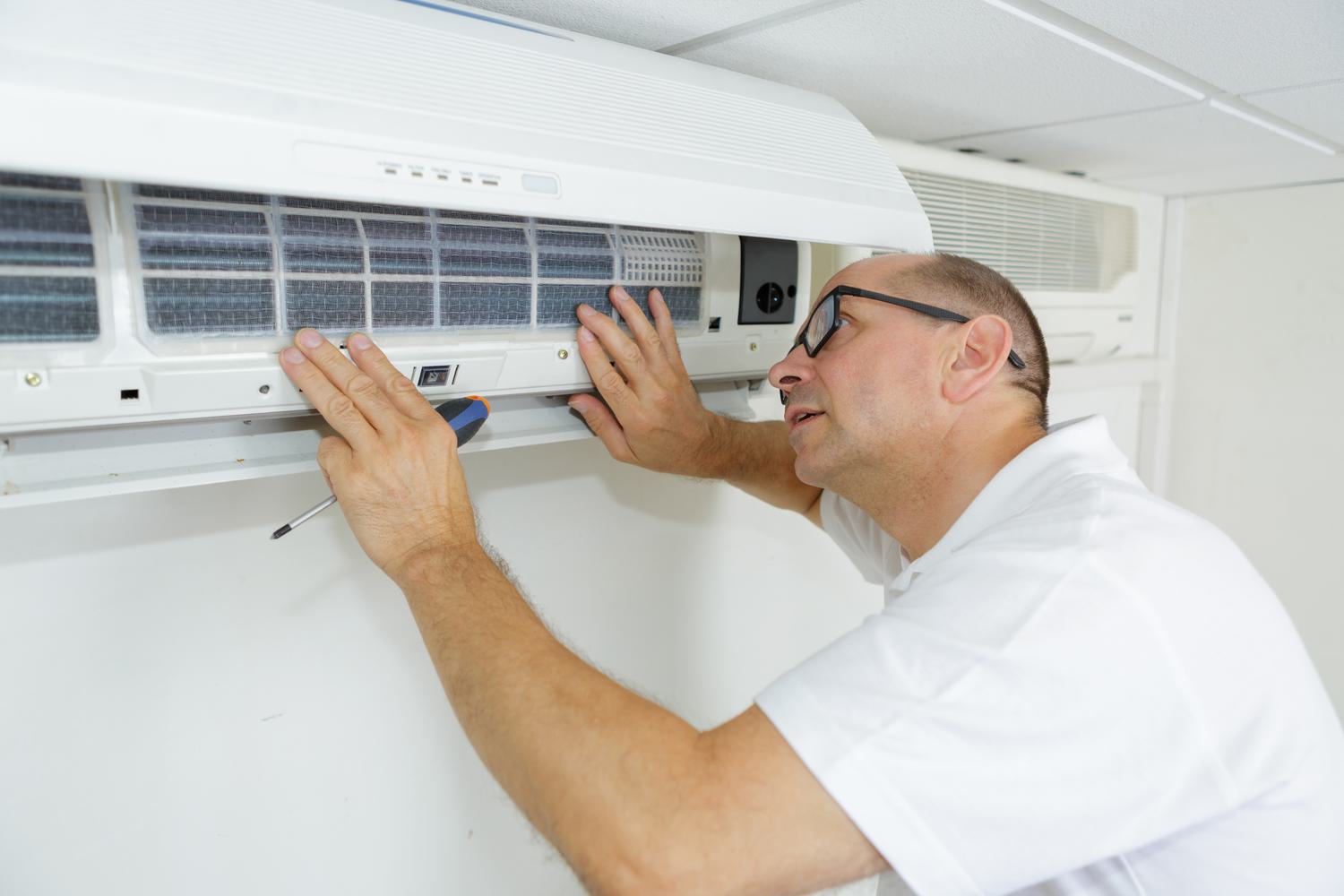Cayman’s warm, tropical climate is hospitable to many different types of insects and other pests such as ants, cockroaches, termites, weevils, centipedes and scorpions.
On This Page
Although none of them pose a huge danger to humans, any bites or stings should always be treated with caution, especially children, the elderly and pets.
However, keeping pests under control in the Cayman Islands is not a problem if you follow this guide and implement regular pest control services.
Quarterly Spraying
If you are renting, your landlord should have the outside of your house sprayed quarterly to control ants, scorpions and cockroaches. Once a year, the inside of your house/apartment will be sprayed as well. If your landlord doesn’t arrange this, it might be worth organising it
yourself.
If you are buying a property, you should check if it has been sprayed regularly for pests to protect your investment. If not mitigated, pests can become a serious problem to your property in the Cayman Islands.
After spraying, you may find a few cockroaches but they should be on their backs and not doing well at all!
A typical house, depending on size, costs between CI$140-260 per quarter to treat. This range includes the treatment of more aggressive species, such as scorpions, of which there has been an influx recently.
Below are our recommended pest control service providers:
Below are the various pests which you might encounter in Cayman.
Batskeyboard_arrow_right
There are nine species of bat in the Cayman Islands, each having a unique role in the ecosystem. Bats are looked at with great compassion in Cayman, especially as they do an incredible job keeping the mosquito population down. The National Trust for the Cayman Islands sells bat houses and provides install services, which give bats a permanent and safe place to roost and alternative habitats where natural ones no longer exist. While bats are not dangerous and do not damage structures, they should still be excluded from roof spaces as their droppings can create odour problems. To ensure safe and humane removal, contact the National Trust for their bat exclusion service rates and availability.
Bats are a protected species under the National Conservation Law. It is illegal to remove or disturb bats during the breeding season (1st June-15th November) to protect baby bats that are left behind when their mothers go out to feed. Doing so can incur a hefty fine and imprisonment. Email: info@nationaltrust.org.ky for more information on bat exclusions and bat house sales.
Read MoreBeeskeyboard_arrow_right
Cayman has a thriving and happy community of bees which ensure that our fruit trees bear abundantly. However, sometimes these bees can take over a corner of your house or roof space and need to be safely removed and relocated.
Bee removal should always be done by a professional – please do not kill bees! The following private individuals offer bee removal services:
Otto Watler (Tel: (345) 947 1255) who lives in Lower Valley and produces Pure Cayman Honey from his family of bees, has been removing unwanted bees from people's homes and gardens for years.
Cayman Bee Farm (Tel: (345) 925 2337 offers beehive removal and relocation services, and their natural raw honey can be found in various retail outlets
Jamaal Solomon (Tel: (345) 926 4411 of Raegan's Honey also offers a bee removal service.
The cost varies depending on the complexity of the situation.
Scorpions
Scorpions tend to be more prevalent after periods of heavy rain. Home infestations can occur although they are very rare. Cayman's scorpions are not particularly poisonous but they do have a very painful sting and if you are stung then you should visit the hospital or a doctor as a safety precaution.
25 years ago, Cayman had no scorpions. It is believed that a shipload of soil arrived from Costa Rica for a house in Patrick's Island and within it there were scorpion eggs. And we have had scorpions in Cayman ever since.
You might well never see one but they do appear near disturbed land and when building is going on. If you encounter any in your house, a pest company can put a powder down in your attic and around the outside of your house which kills them.
Termites
Termites are a major problem in this region and can cause a lot of damage to a property. If you are planning to purchase a house or a piece of land, it is important to have a termite inspection done prior to purchase. If you are planning to build a house, have a pre-treatment for termites done prior to building.
Spiders
Several species of spiders can be found in Cayman, and while most are harmless, the Brown Recluse Spider is not. Medical attention should be sought if you suspect you’ve been bitten.
Rodents
Rodents are an all-year problem in Cayman and there
are two species of rat and one species of mouse in Grand Cayman. If you see a
rat on your property, call a pest company and they can install a tamper-resistent bait station to trap and poison the rodent.
Ticks and Fleas
Ticks and fleas can be a problem for people with pets, especially if they do not keep their animals on a flee/tick prevention programme to keep them at bay. Local vets sell NexGard chewable tablets which are an effective flea and tick control medicine for dogs. Ticks are a particular nuisance during dry weather and if you have a tick infestation in your home, then a reliable pest company needs to spray the floors of your home twice over a two-week period.
As a reminder, ticks look very different depending on whether they are male or female: the males are small, flat and move very fast but it is the females which latch on and engorge. Once they have consumed all the blood they need, they fall off, crawl into a corner of your home, dry up and eventually crack open with thousands of baby ticks – it is absolutely horrible! If you do not keep your dog on a tick control programme you will have to check them very regularly if you want to prevent an infestation.
Insects
Cayman has biting insects such as fire ants, mosquitoes and sandflies. It is the task of the Mosquito Research & Control Unit (MRCU) to suppress the mosquito population and assist in preventing mosquito-borne diseases.
The MRCU conducts aerial spraying with insecticides before the rainy season to kill larvae, and evening sprays to kill adult mosquitoes. Fogging trucks are used for ground spraying at times when mosquitoes are most active.
To minimise mosquito problems on your property, ensure there are no open containers where water is left stagnate, as these areas are breeding grounds for mosquitoes. The MRCU can be contacted by calling (345) 949 2557 or by emailing: mrcu@gov.ky. Or you can visit their website.
Land Crabs
In some parts of Grand Cayman, land crabs are common although their number has been diminished by development and consequent habitat loss. Migrations are prompted by heavy rain when thousands make their way to the sea to spawn.
Many Caymanians catch land crabs to eat, so when driving during crab season (May-August), use caution and watch for ‘crabbers’ along the roadside and crabs crossing the road.
Chickens and Roosters
Feral chickens and roosters roam freely in Cayman and they are considered a huge nuisance; they crow at all hours and they love to scratch up lawns, flower beds and vegetable patches.
You can purchase a trap for CI$65 from the Department of Agriculture (Tel: (345) 947 3090) and also A. L. Thompson’s on North Sound Road. Trapped chickens can then be delivered to the Department of Agriculture Pound for their humane disposal.
Green Iguanas
If you spot one of the invasive green iguanas in Grand Cayman, call (345) 949 1544 who will dispatch a licensed and registered culler at no cost. The non indigenous, invasive green iguana must not be mistaken with the endemic Cayman Blue Iguana, which is a protected species, nor the Rock Iguana on the Sister Islands.
The green iguana is a pest that breeds in large numbers and has no natural predators. They are also voracious eaters and wreak havoc on gardens and farmland. In 2018, the Cayman Islands Government mandated a cull and offered a bounty of CI$5 for a hatchling, CI$7 for a small adult and CI$10 for an adult iguana weighing more than five pounds. Over 1.5 million have been culled in the past five to six years.





